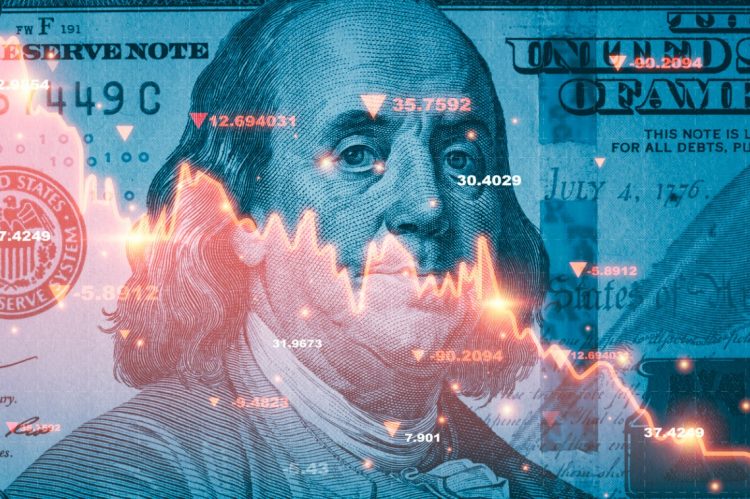The Leading Economic Index (LEI) fell 0.4% in August to 105.4, continuing the recent downward trend, according to the latest release from The Conference Board.
August’s LEI is down 3.8% over the six-month period between February and August 2023—little changed from its 3.9% contraction over the previous six months (August 2022 to February 2023).
“With August’s decline, the U.S. Leading Economic Index has now fallen for nearly a year and a half straight, indicating the economy is heading into a challenging growth period and possible recession over the next year,” said Justyna Zabinska-La Monica, senior manager of Business Cycle Indicators at The Conference Board.
On the other hand, the Coincident Economic Index increased 0.2% to 110.6, following an increase of 0.3% in July. The index is now up 0.8% over the current six-month period—accelerated from its 0.5% growth over the previous six months.
The Coincident Economic Index’s indicators—payroll employment, personal income less transfer payments, manufacturing trade and sales, and industrial production—are included among the data to determine a recession.
The Lagging Economic Index also saw an increase of 0.2% to 118.5, following a 0.1% increase in July. The index is up slightly—0.1%—over the current six-month period, far below the 2% growth over the previous six months.
“The leading index continued to be negatively impacted in August by weak new orders, deteriorating consumer expectations of business conditions, high interest rates and tight credit conditions,” continued Zabinska-La Monica. “All these factors suggest that going forward, economic activity probably will decelerate and experience a brief but mild contraction. The Conference Board forecasts real GDP will grow by 2.2% in 2023, and then fall to 0.8% in 2024.”
For the full report, click here.












